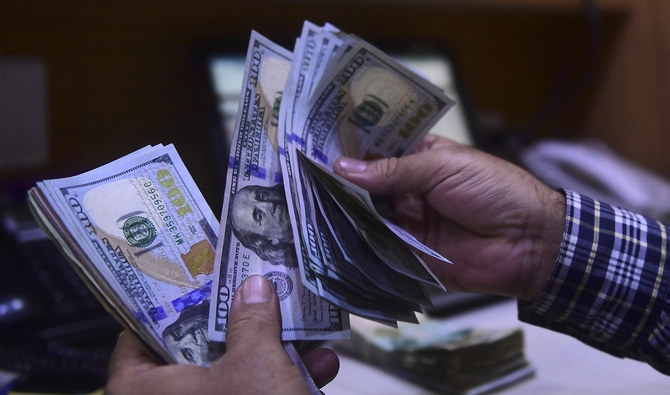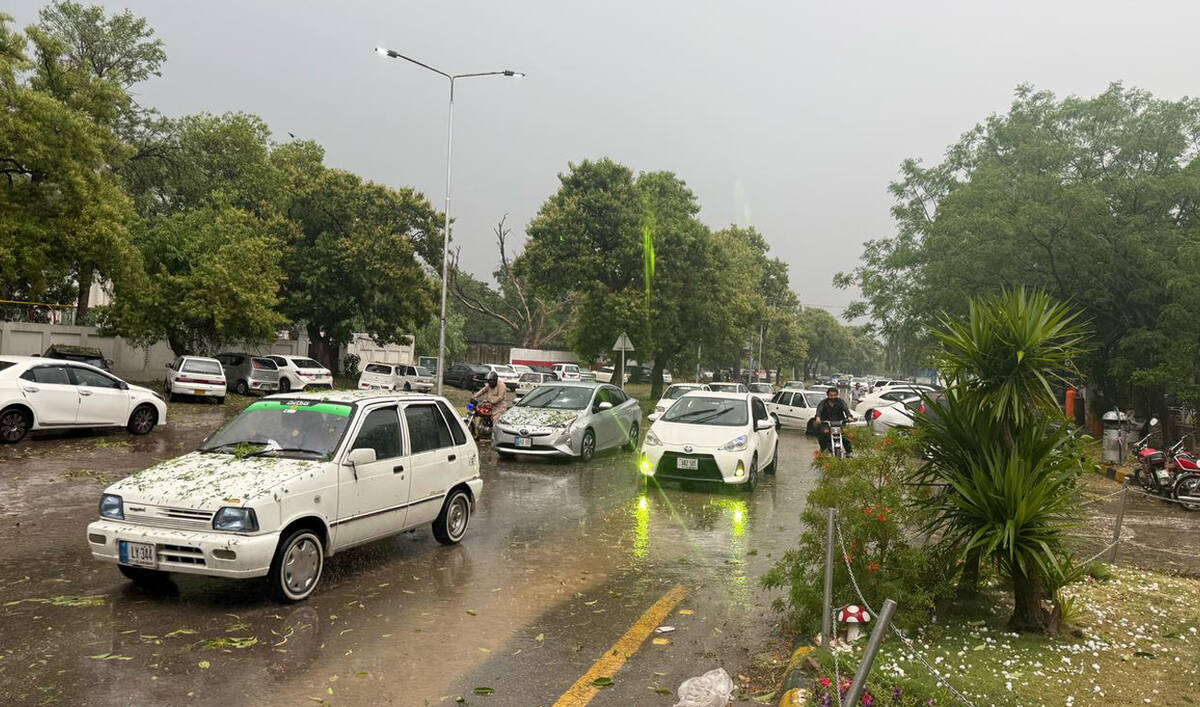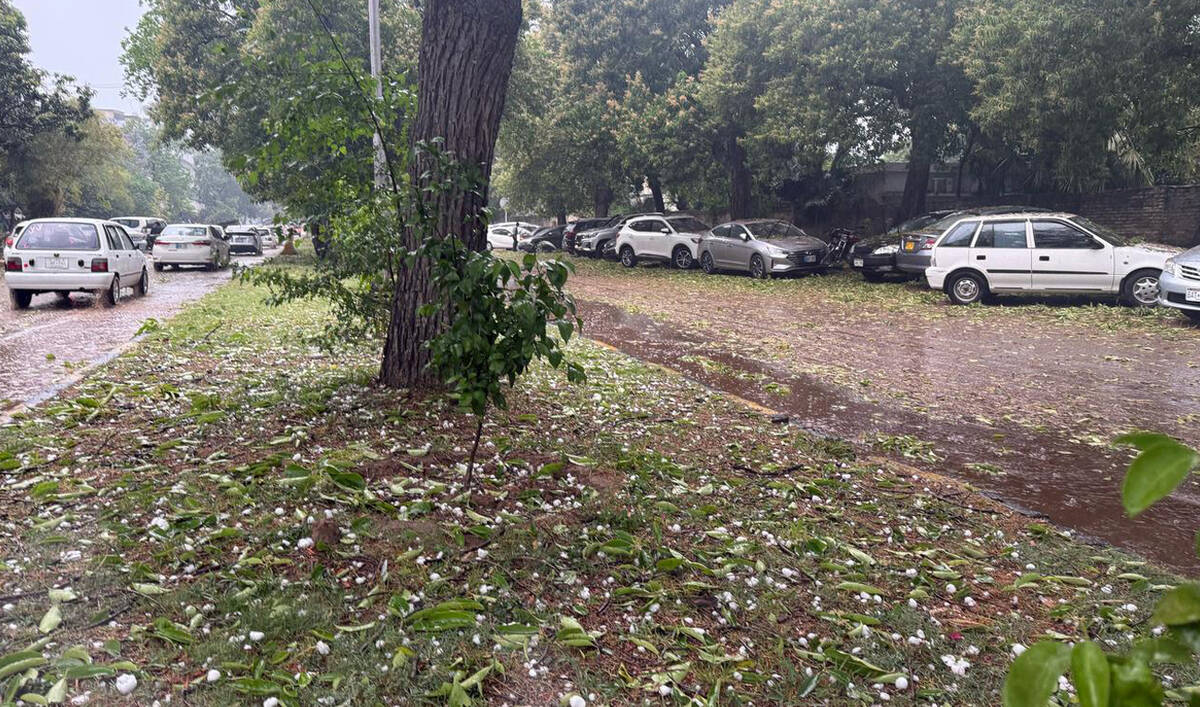KARACHI: Fueled by political uncertainty and doubts regarding the International Monetary Fund (IMF) loan revival, the rupee-dollar disparities in Pakistan’s interbank and open markets on Wednesday widened by Rs22, with analysts saying the widening gap was an alarming development for the country's remittance inflows through official channels.
There are three distinct exchange rate markets in Pakistan for currency transactions, and all three have significant disparities in buying and selling rates.
The rupee closed at Rs309 in the open market and Rs287 in the interbank market against the US dollar on Wednesday, with a difference of Rs22, according to the Exchange Companies Association of Pakistan (ECAP).
In the third market, known as the grey or illegal market, the disparity in exchange rates is even greater compared to the open and interbank markets. Currency dealers said the rupee is being traded at around Rs320 in the grey market, causing about a Rs33 gap when compared with the interbank market's rate.
Dealers attributed the widening exchange rate disparities to the dollar crunch in the country and the high demand for import payments.
“Importers are arranging dollars for payment from the grey market where the demand for the greenback rate has spiked,” Zafar Sultan Paracha, general secretary of ECAP, told Arab News.
“The Hawala and grey market are flourishing as buyers and sellers are also resorting to the illicit market to benefit from the huge gap.”
Another reason why currency trading was gaining traction in illegal markets was due to the low rates being offered by money transfer companies, Paracha said.
“These companies are giving up to Rs15 lower than the official rate or the interbank exchange rate,” Paracha said. “People are not coming to us for buying and selling, they are going to the grey market as they are getting the best rates.”
Currency dealers and analysts also attributed the exchange rate disparities to a spike in demand from Hajj pilgrims, and Pakistan's increasingly volatile political situation.
Analysts said exchange rates were also fluctuating due to uncertainty surrounding the future of the IMF program, as doubts remain whether the international lender would revive the program or replace it with a new one.
“This IMF program-related uncertainty has also widened the gap between open and interbank market rates,” Tahir Abbas, head of research at Arif Habib Limited, told Arab News.
Pakistan has been facing delays in securing the latest tranche of a $6.5 billion loan from the IMF. Despite implementing tough conditions, the Fund and Pakistani authorities have not been able to finalize a 9th review of the program that would lead to the disbursement of $1.1 billion in funds that would help unlock financing from other donors and friendly countries.
Dealers and analysts said the high, attractive exchange rates in open and illegal markets would dent Pakistan's inflow of remittances through official channels.
“It is detrimental for remittance inflows through official channels and if the gap continues to persist, the inflow of remittances will be hit,” Abbas said. “The remittances inflows are already slowing down.”
The South Asian country has already received 13% lower remittances in April 2023, recorded at $2.2 billion, data from the central bank showed.
Remittances fell by 13% during the first ten months of the current fiscal year, FY23, as compared to the same period last year.


















